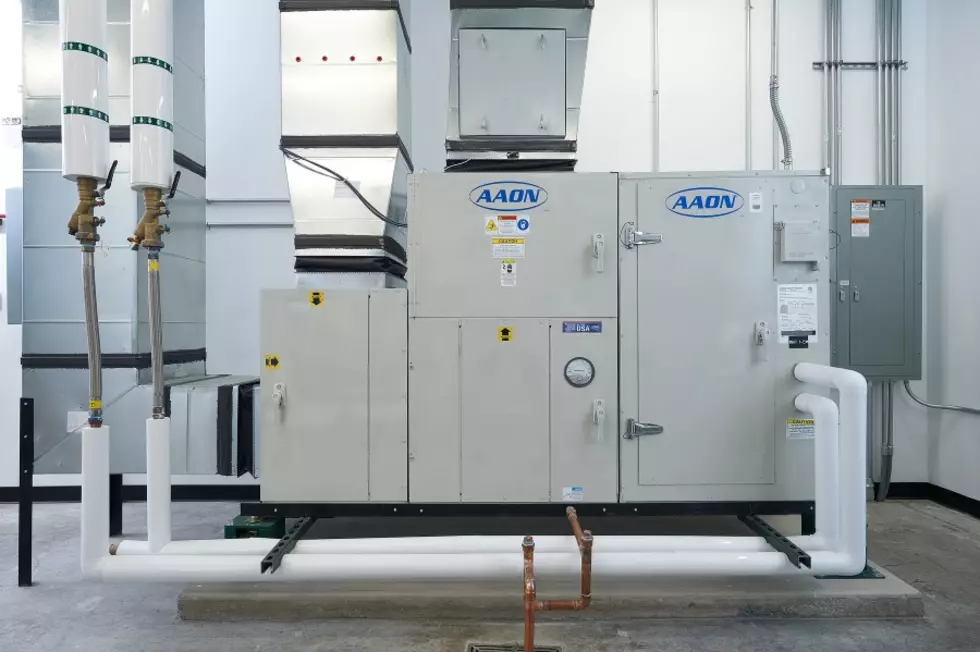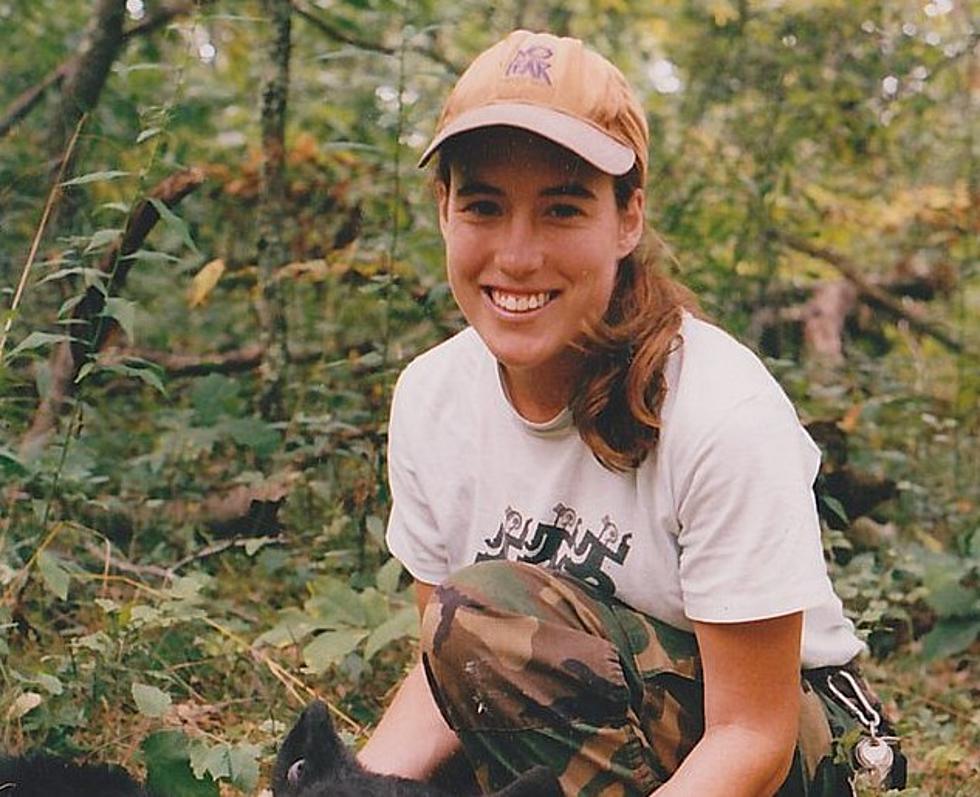
MSU alumni help supply coronavirus field hospitals in New York
BOZEMAN — Montana State University alumni are playing an important role in the emergency response to the novel coronavirus pandemic, aiding in the construction of field hospitals in New York, where the number of COVID-19 patients is straining the medical system.
AAON, the company founded by the MSU engineering alumnus Norm Asbjornson, expedited design and manufacturing of 80 large, custom cooling and ventilation units for new, temporary hospitals being built by the U.S. Army Corps of Engineers at Stony Brook University and SUNY Old Westbury.
After being contacted early last week by consulting engineers who knew of AAON from
previous New York projects, the company designed a custom air conditioning unit configured for the tent-like hospitals, then dedicated a production line at the company's Tulsa, Oklahoma, plant to make roughly 14 of the units per 24 hours — more than double the normal production rate.
"A lot of people would say you couldn't possibly do that, but we did it, and we were able to do it because we have a lot of talented people here," said Asbjornson, who earned his bachelor's in mechanical engineering from MSU and gave $50 million in 2014 to fund design and construction of MSU's Norm Asbjornson Hall.
Whereas a typical AC unit would sit on the flat roof of a hospital, circulating air through inlets and outlets on top and bottom, the temporary tent hospitals required AC units that would sit on the ground and circulate air sideways. The AAON units were also optimized to handle humidity and filter air.
"We didn't just take these things off the shelf," said Asbjornson, who grew up on a small farm in the Montana town of Winifred during the Great Depression. He graduated from MSU in 1960 and worked in the HVAC business for 28 years before founding AAON. "We are known for being able to customize our product."
Loaded four per semi-truck, the finished units made the 30-hour trek to New York in a straight shot, arriving days ahead of schedule — less than a week after AAON was first contacted about the project.
"I don't know of any other company that can do that," said Brett Gunnink, dean of MSU's Norm Asbjornson College of Engineering. "They are in a unique position to be able to support these (pandemic response) efforts," because their manufacturing is located in the U.S. and is done in an innovative, integrated way, he said.
"In these challenging times, when we're all searching for ways to help, it's exciting to hear how our Bobcat engineers are able to contribute," Gunnink said.
"I'm proud as can be of all the people who worked on this," Asbjornson said. "Quite a few other MSU people were involved."
Overseeing the project was AAON Director of Manufacturing Doug Wichman, who attended MSU for business classes after earning his bachelor's in engineering from Montana Tech and before earning an MBA from University of Montana. Wichman, a native of Big Timber, estimated that more than half a dozen MSU engineering alumni were involved in the design and manufacturing effort.
"What it boiled down to was: What could we get done, and how quickly could we do it for this emergency situation?" Wichman said, noting that each of the units was affixed with a special sticker reading "United We Stand" as it rolled down the production line. "We had a lot of pride in building these," he said. "It was a company-wide undertaking."
AAON also offered the AC units to the Army at their standard price, rather than charging extra for the custom, expedited work. "We didn't want to make extra money just because the government wanted these,” said Asbjornson. “We wanted to help."
MSU's engineering college was named for Asbjornson after his 2014 gift of $50 million rounded out the university’s South Campus project of $70 million.
- By Marshall Swearingen, MSU News Service -
More From KSEN AM 1150









